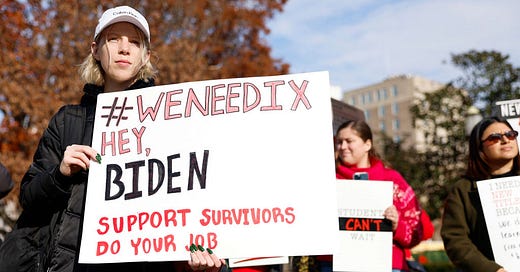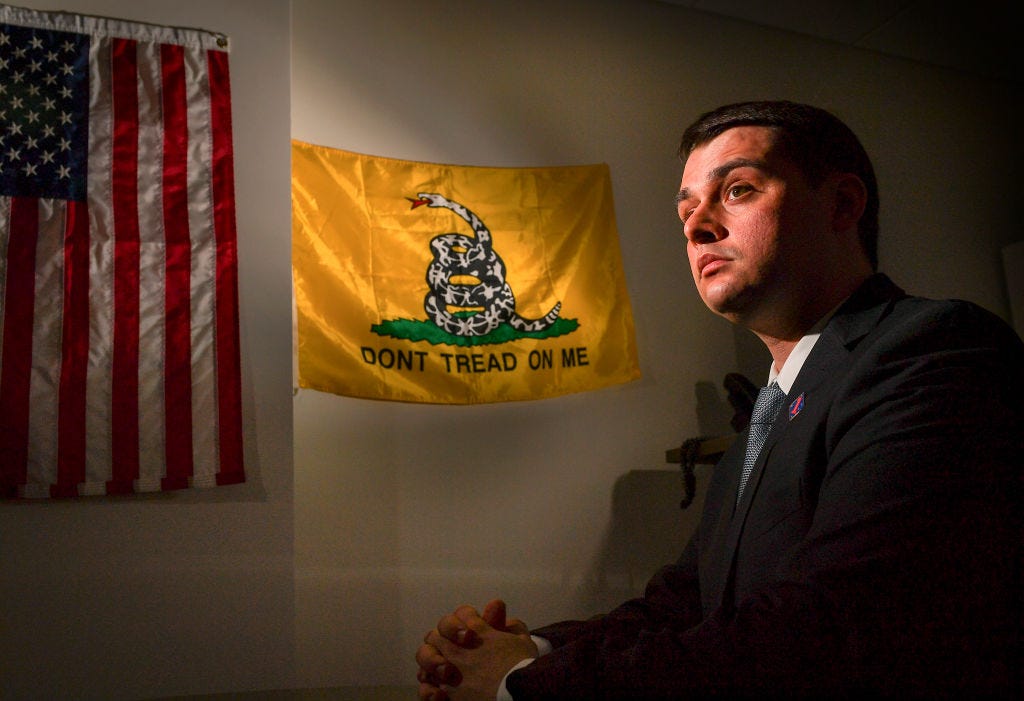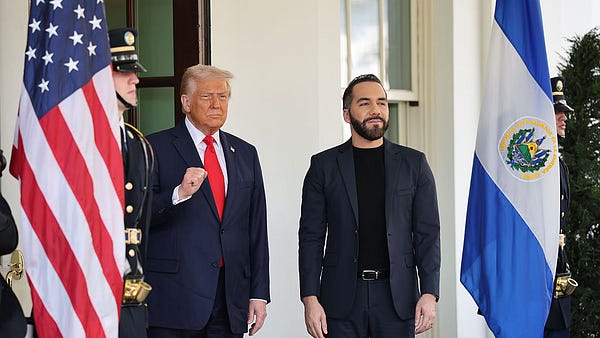
The Free Press

Last Friday, the Biden administration followed through on a promise: to roll back civil rights for college students accused of sexual misconduct. The new regulations come under Title IX, the federal law that prohibits sex discrimination in education. Set to go into effect in August, they will restore some of the worst excesses introduced when Biden was vice president under Obama.
One of the most concerning is the return of the “single-investigator” model that was barred under Trump. This means “one administrator can act as detective, prosecutor, judge, and jury on a Title IX complaint.”
Justin Dillon, a D.C. attorney who has represented accused students for a decade, says of the rollback, “You arrive at truth by asking hard questions. But single investigators have no incentive to do that, which is why they are the worst possible model if you want to get to the truth. This is going to lead to more erroneous outcomes, and more lawsuits.”
The new rules damage due process in more ways than one:
Accused students will lose the right to have access to all evidence gathered in the university’s Title IX investigation;
They will lose the right to have a live hearing to adjudicate the claim against them;
They will no longer be able to have an adviser or attorney cross-examine adverse witnesses;
And the Biden administration has voided the basic requirement that any investigation open with a written complaint.
In reaction to the news, the Foundation for Individual Rights and Expression (FIRE) stated: “Justice is only possible when hearings are fair for everyone. Today’s regulations mean one thing: America’s college students are less likely to receive justice if they find themselves in a Title IX proceeding.”
Back when Obama was president, his administration made the elimination of campus sexual assault a priority—an effort led by then–Vice President Biden. It was a worthy goal.
But, as The Free Press previously reported, it quickly went wrong:
Biden traveled the country, describing campuses as places where male classmates put young women in relentless danger.
“This is a toxin on college campuses,” he insisted, in 2016.
During the Obama years, the definition of sexual misconduct expanded to include even trivial interactions, and procedures were put into place that stripped the accused of the most basic of rights. Young men—the accused were almost always young men, of course—were sometimes expelled from campus without ever seeing the charge against them in writing, or hearing testimony against them.
As a result, a new legal phenomenon was born: young men suing their colleges for mishandling cases that accused them of sexual misconduct. More than 500 such suits have been filed in federal courts alone. Many have been successful, establishing basic procedural protections for the accused through the courts.
Then, in 2020, under Trump, Secretary of Education Betsy DeVos prioritized Title IX reform. Uncharacteristically for the Trump administration, her effort was thorough and comprehensive, with regulations that carefully balanced the rights of both accuser and accused. The public liked what DeVos did. Even now, healthy majorities support the procedural protections she established.
The Biden administration this month did keep a few of the DeVos reforms. One is that the accuser and accused can come to an “informal resolution” to help avoid a lengthy Title IX investigation. Another is that the accused is presumed to be “not responsible” for the alleged conduct until a conclusion is reached. (A basic principle that shouldn’t need reinstating.)
But overall, “The new regulations are a self-promoting piece of political theater that diminish the rights of all parties,” says Samantha Harris, an attorney who represents both accusers and accused. They “allow universities,” she adds, “to violate students’ rights to due process and fundamental fairness in ways that have already been held impermissible by courts around the country.”
The Title IX law is more than 50 years old. For many decades, it was primarily associated with advancing the opportunities of female student athletes.
But, with this new ruling, the Biden administration seems determined to use Title IX not to help young women—but to harm young men.
KC Johnson is professor of history at Brooklyn College and the CUNY Graduate Center. For more on Title IX, read Free Press senior editor Emily Yoffe on “Biden’s Sex Police.”
Subscribe to The Free Press for more columns, investigations, and debates, delivered to your inbox every morning:















Actually, the Biden Administration may have created a problem for itself that it never anticipated. Specifically, every college girl that is confronted in her dorm, gym, bathroom, etc by a transgender man can allege that he has assaulted her and the man will be without any of the protections of due process that Biden has removed. I hope it causes the progressive mind to explode.
This just another reason for young men to avoid college. Learn a trade , buy a truck , a home then fill it with a loving wife and children. Avoid the indoctrination centers that hate men and live happily ever after!